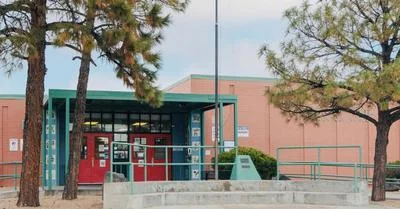The New Mexico State University (NMSU) Cooperative Extension Service has recently announced that it will be offering emergency preparedness resources and training opportunities to residents of New Mexico. As a member of the Southwest Border Food Protection and Emergency Preparedness Center, the Cooperative Extension Service is well-equipped to respond to complex crises, according to a press release from NMSU.
The collaborative center, which includes Extension, NMSU’s College of Agricultural, Consumer and Environmental Sciences, and the New Mexico Department of Agriculture, is dedicated to safeguarding the national food supply against various risks such as foodborne diseases, supply chain interruptions, and agroterrorism threats. Local residents will have the chance to participate in practical workshops that cover a range of topics, including rescuing large animals, managing pet shelters, utilizing portable enclosures, understanding animal vaccines, and receiving training on personal protective equipment.
Tom Dean, the co-director of the center, emphasized the importance of emergency preparedness training, stating, "The number one thing most people need to know is that there are ways they can be involved in an emergency response." Established in 2005 as the Southwest Border Food Safety and Defense Center, the center underwent a name change in 2014 to better reflect its diverse programs and initiatives. Through its program AGROGUARD, the center evaluates the safety and security of agricultural operations and offers training to various stakeholders, including farmers, livestock producers, public health officials, law enforcement, and the general public.
Dean also highlighted the strength of the unit and its collaborative efforts with industry partners in the state. He stated, "When there's an emergency, that phone call goes out, and we're all on it together coordinating efforts rather than working separately." This coordinated approach ensures a more efficient and effective response to emergencies in the agricultural community.
In conclusion, the NMSU Cooperative Extension Service, as part of the Southwest Border Food Protection and Emergency Preparedness Center, is actively working to provide emergency preparedness resources and training to the residents of New Mexico. By offering practical workshops and collaborating with industry partners, the center aims to ensure that individuals are well-prepared to respond to emergencies and safeguard the national food supply.









